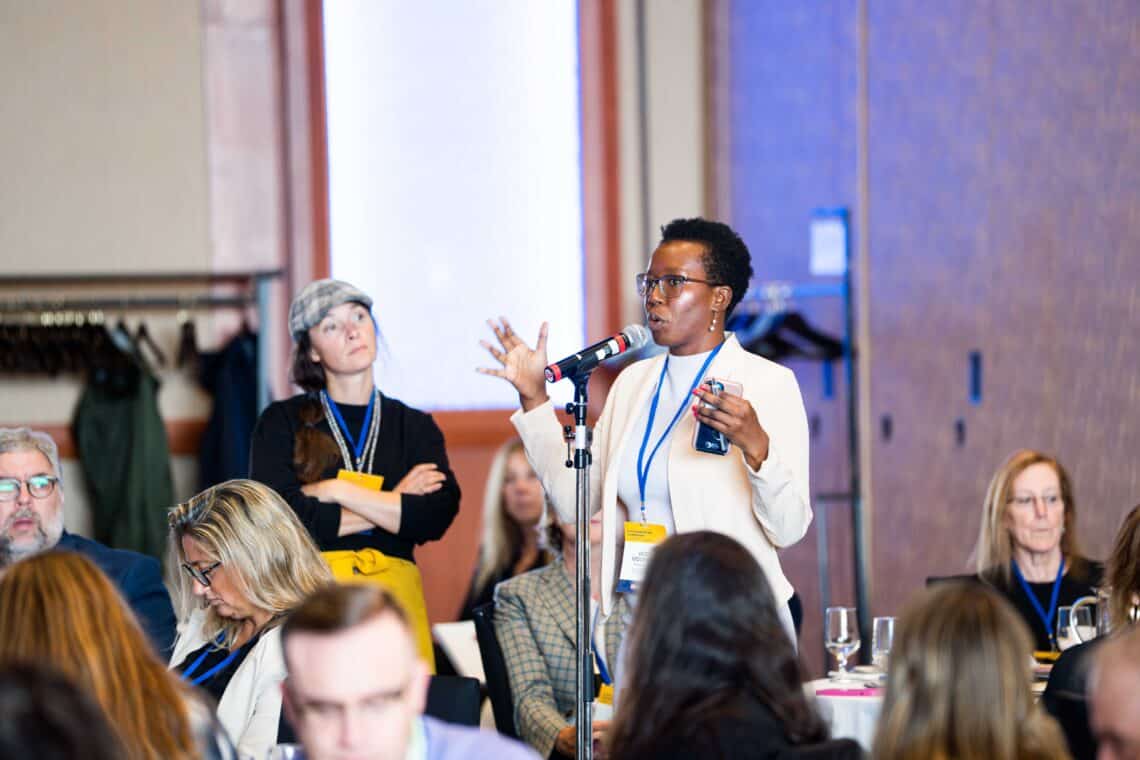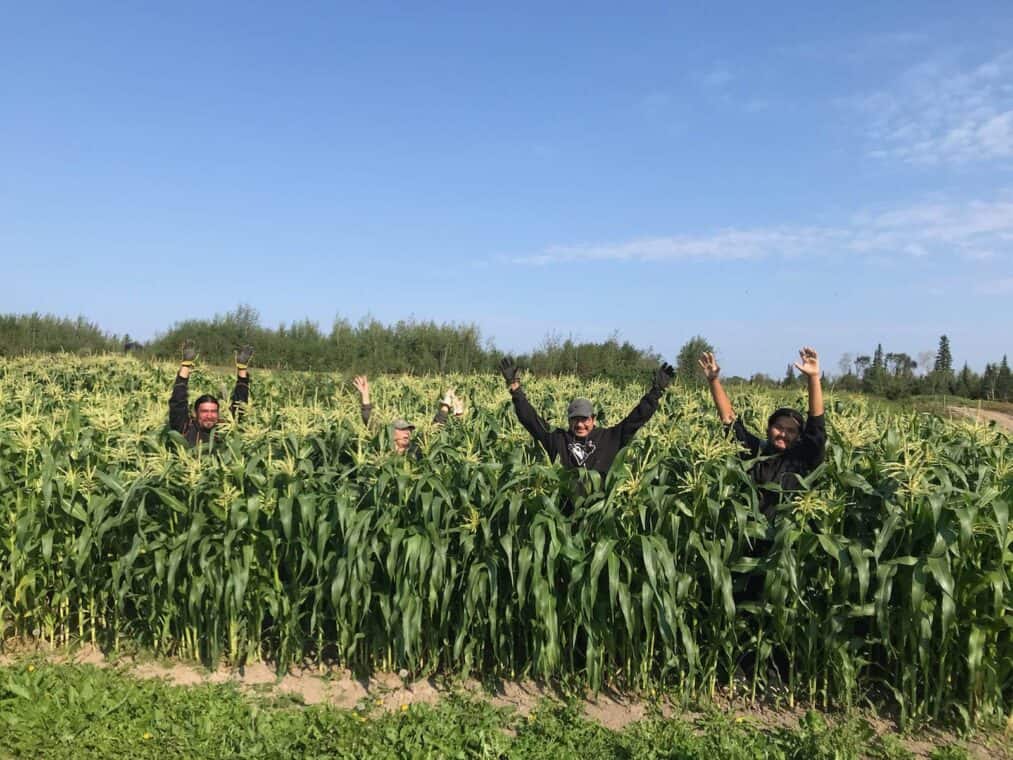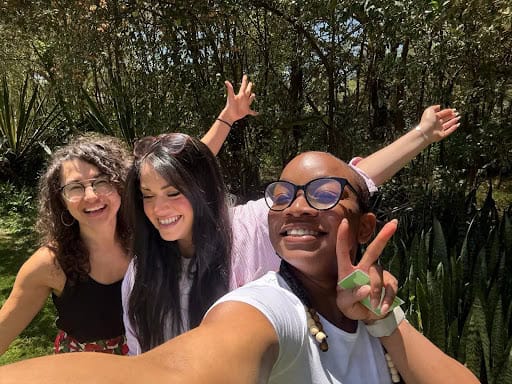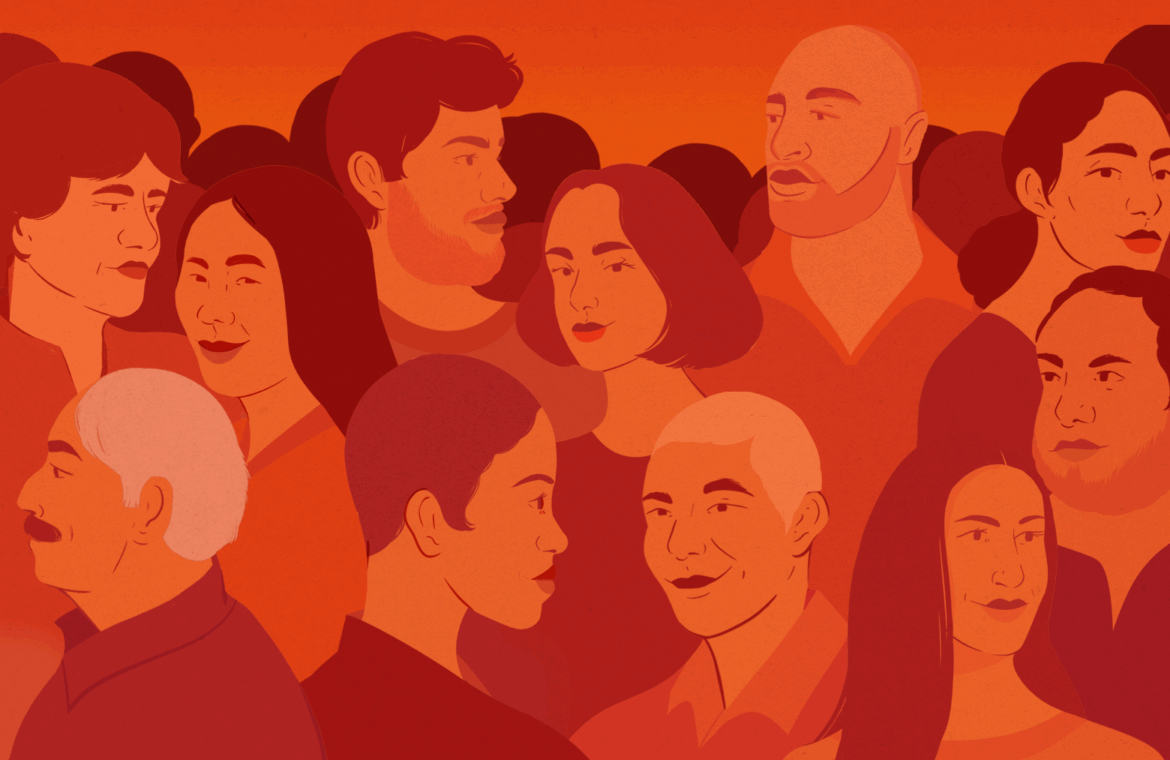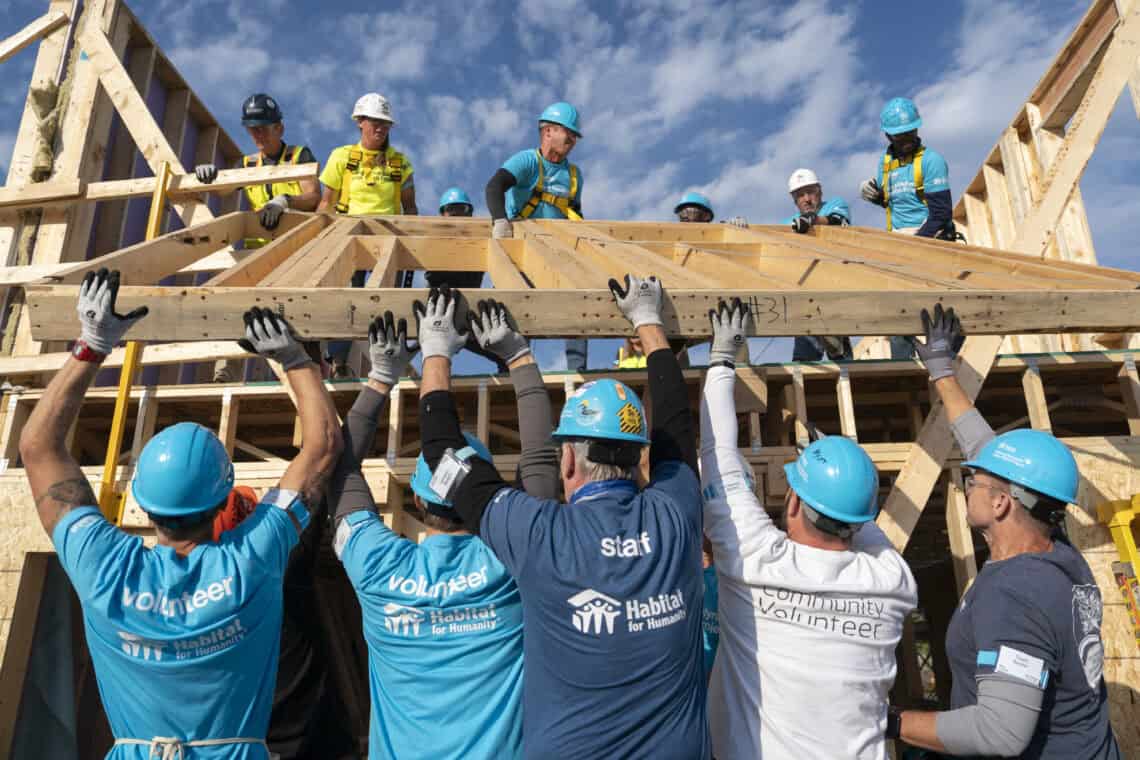What does a ‘trilemma’ mean for the sector in 2026? We turned the tables and asked journalists to weigh in
We asked journalists who cover the sector to share what they’ve been hearing and thinking about the challenges facing the charitable and philanthropic sector in 2026.
‘Both Sides Now’: Embracing hope and harsh realities in Canadian philanthropy
What does it mean for Canadian philanthropy to meet this moment? In 2025, the Philanthropic Foundations Canada network gathered across the country to ask this urgent question. PFC’s president and CEO shares what they heard, as well as three commitments for the new year.
The need for investment to counter economic abuse is a philanthropic blind spot
Economic abuse is an urgent issue that remains invisible in both philanthropy and corporate responsibility, the CEO of the Canadian Centre for Women’s Empowerment argues. Addressing this injustice will strengthen families, communities, and the entire economy, she writes.
Creative outlets: Why some non-profit leaders are picking up the mic
Creative pursuits outside of work like stand-up comedy or playing in a band might just be what your colleagues in the philanthropic sector need right now – to counter burnout, strengthen skills, or express their whole selves.
Featured
Analysis
To grieve, to learn, to unite: A eulogy for an ever-shifting sector
The loss, or realignment, of a funder affects the entire charitable sector, and how it chooses to say its goodbyes has far-reaching implications, both practical and emotional, contributor Angela Long writes.
Philanthropy can be a catalyst for local media but not the long-term answer to ongoing challenges
At a three-day symposium in Charlottetown, the overarching takeaway was the urgency and scale of the challenges for independent journalism, and the indisputable through line was the resilience and determination of those fighting to keep their publications afloat.
Philanthropy and Funding
A children’s book to inspire a new generation to embrace community – and generosity
Two young kids review Violet’s Song, a new book written by Lizz Bryce and Duke Chang of CanadaHelps that seeks to provide an antidote to the loneliness epidemic, one act of kindness at a time.
Rideau Hall Foundation and The Philanthropist Journal collaborate to work with community outlets and underrepresented journalists
RHF has awarded funding to The Philanthropist Journal to support five Black and Indigenous early-career writing fellows in collaboration with five independent, local journalism outlets across the country.
Case Studies & Guides
Strategy development at medium-sized non-profits
The 1Up Single Parent Resource Centre in Victoria recently rethought and refreshed its fundamental strategy and inventory of programs. Board member Erwin Martinez shares their experience, and a model he invites other non-profit boards to follow.
Lessons learned through local economic development
In response to funding trends and increasing service demands, some community organizations, including United Way Centraide, are shifting from traditional funding models to community investment strategies. President and CEO Dan Clement shares three case studies that highlight how it works.
Decolonization and Reconciliation
Northern Manitoba shows philanthropy how to move from transaction to transformation
The lessons emerging from the work of the Northern Manitoba Food, Culture, and Community Collaborative – about collaboration, relationships, and learning to be a good helper – “can and should be adopted by all of philanthropy.”
The power of unrestricted support: A story of Indigenous strength and sovereignty
At the 25th International Funders for Indigenous Peoples Global Conference in Kenya, one theme stood out, Rachael Sonola writes: Indigenous sovereignty is not just about land or governance; it is about the power to decide, to shape, and to thrive on our own terms.
Series on Work in Progress
Volunteerism: In crisis or at a crossroads?
With volunteering in Canada in decline, contributor Yvonne Rodney looks at the data and talks to sector leaders to ponder the way forward. The solution, she writes, includes acknowledging the impact of the pandemic, understanding generational differences, and convincing funders to do more to help organizations.
The decision to step down: Reflections from four foundation leaders
When long-serving leaders leave their roles, what can we learn from them that will help our sector traverse the challenging times ahead?
Building a sense of belonging and connection at work in the hybrid era
With remote and hybrid work the new norm post-pandemic, non-profits are tailoring strategies to ensure that employees feel heard, seen, and valued – and have discovered that there’s no one-size-fits-all approach.
Subscribe
Canadian non-profit sector news, in your inbox
Never miss news and analysis by and for the Canadian non-profit sector
Most Popular
Analysis
Stopping the funding rollercoaster for feminist and 2SLGBTQIA+ organizations
A projected 80% decrease in Women and Gender Equality Canada (WAGE) funding ahead of the federal budget highlighted a level of precariousness that feminist and 2SLGBTQIA+ organizations and activists have been calling attention to for decades.
Avoiding founder’s syndrome through good governance
A strong, engaged board is one of the most effective mechanisms for ensuring that founder control doesn’t supersede an organization’s needs and objectives, Susanna Kislenko and Cathy Barr write. They share some key strategies and a new guide for founder-led organizations.
Aging and re-engaging: Volunteer participation post-pandemic
Contributor Yvonne Rodney looks at how organizations are responding to the aging factor in volunteerism and what they’re doing to encourage volunteers to engage and re-engage.
How data is helping experts navigate the non-profit sector’s capacity and funding issues
Charities and non-profits are struggling with a “trilemma”: rising demand for their services, financial instability, and workforce precarity. Here are the problems and solutions, according to the data.
More articles From the Archives
A short history of voluntary sector–government relations in Canada (revisited)
The original version of this story, published in 2007, is one of The Philanthropist Journal’s most popular pieces of all time. In this updated version, Peter Elson and Peyton Carmichael expand on that detailed (and not so short) history.
Charities and the rule against perpetuities
Charitable status is a legally privileged status. The law in numerous ways, ranging from the trivial to the noteworthy, confers legal advantages upon charities. These legal advantages are often misunderstood.
‘We don’t have a word for philanthropy’
What do Indigenous Peoples mean when they talk about Indigenous philanthropy? Miles Morrisseau put this question and others to Indigenous people who are leaders in the philanthropic sector.
Strategies for a caring society
This article was developed from a paper presented at Investigating in the Whole Community: Strategies for a Caring Society, a conference organized by the Trillium
Featured Contributors
-
Angela Long
Angela Long is a freelance writer currently working on a book about rural journalism in Canada.

-
Yvonne Rodney
Yvonne Rodney is a Toronto author, career consultant, speaker, and non-profit worker with extensive experience in career development. She is the author of Moving On: A Quick Guide for Non-Profit Workers and Military to Civilian Employment: A Career Practitioner’s Guide.

-
Christina Palassio
Christina Palassio is a non-profit communications professional and freelance writer. When she tweets, she does so at @mcpalassio.

-
Tim Harper
Tim Harper is a Toronto-based writer. He is a former Washington correspondent and national affairs columnist with the Toronto Star.

- All Featured Contributors





